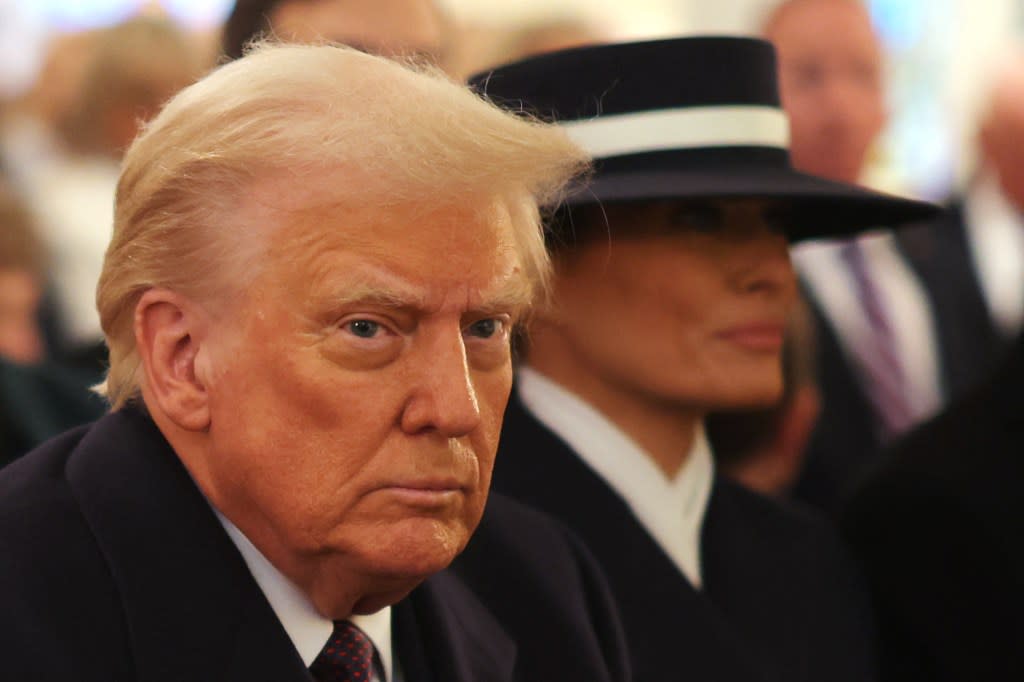Donald Trump, on his first day back as President of the United States, signed an important executive order ending birthright citizenship for babies born in the U.S. to undocumented immigrants. The order was signed at the White House about eight hours after his second inauguration on January 20, 2025. As he signed it, Trump said, “That’s a big one,” showing how serious this new rule is.
The new order means that children born in the U.S. to parents who entered the country illegally will no longer become automatic citizens. Trump’s team explained that this change would apply from now on. It will not affect people who already have citizenship under the old rule. Many U.S. presidents have talked about making this change, but Trump is the first to take formal action on it.
This move could lead to legal challenges, especially because of the 14th Amendment of the U.S. Constitution. The amendment says, “All persons born or naturalized in the United States, and subject to the jurisdiction thereof, are citizens.” Many legal experts believe this guarantees citizenship to anyone born on U.S. soil, no matter the status of their parents. Because of this, Trump’s executive order may be taken to court in the coming months.
The birthright citizenship rule has been part of U.S. law for over 150 years. Trump has long said that ending it would help reduce illegal immigration. He promised to do this during both of his presidential campaigns. Supporters say this will discourage people from entering the U.S. illegally, but critics say it may lead to more legal problems and human rights concerns.
This executive order was one of ten major immigration actions that Trump signed on his first day. Other actions include restarting border wall construction, bringing back the Remain in Mexico policy for asylum seekers, and ending the catch and release process. Trump also declared a new national emergency at the border, which gives the military power to help stop illegal crossings.
With the national emergency in place, the Department of Defense can now send soldiers and National Guard troops to the U.S.-Mexico border. They will help build more physical barriers and assist in immigration enforcement. The administration says this is necessary to stop the rising number of migrants crossing the border every day.
Trump also signed a proclamation that ends the right to seek asylum for those who cross the border illegally. This means many people will now be removed from the country immediately and won’t have a chance to ask for asylum. At the same time, the refugee resettlement program is being paused for at least four months, and security checks will become even tougher.
In addition, Trump’s administration wants to ban travelers from countries they consider dangerous. Federal agencies have been asked to give a list of such countries soon. Also, powerful gangs like MS-13 and Tren de Aragua have been labeled as global terrorist groups, which makes it easier for the U.S. to arrest and deport their members.
This new direction shows that Trump is focusing on strong border control and stricter immigration rules from day one of his second term. These changes will affect many immigrants and could change how the U.S. handles citizenship and asylum in the future.

